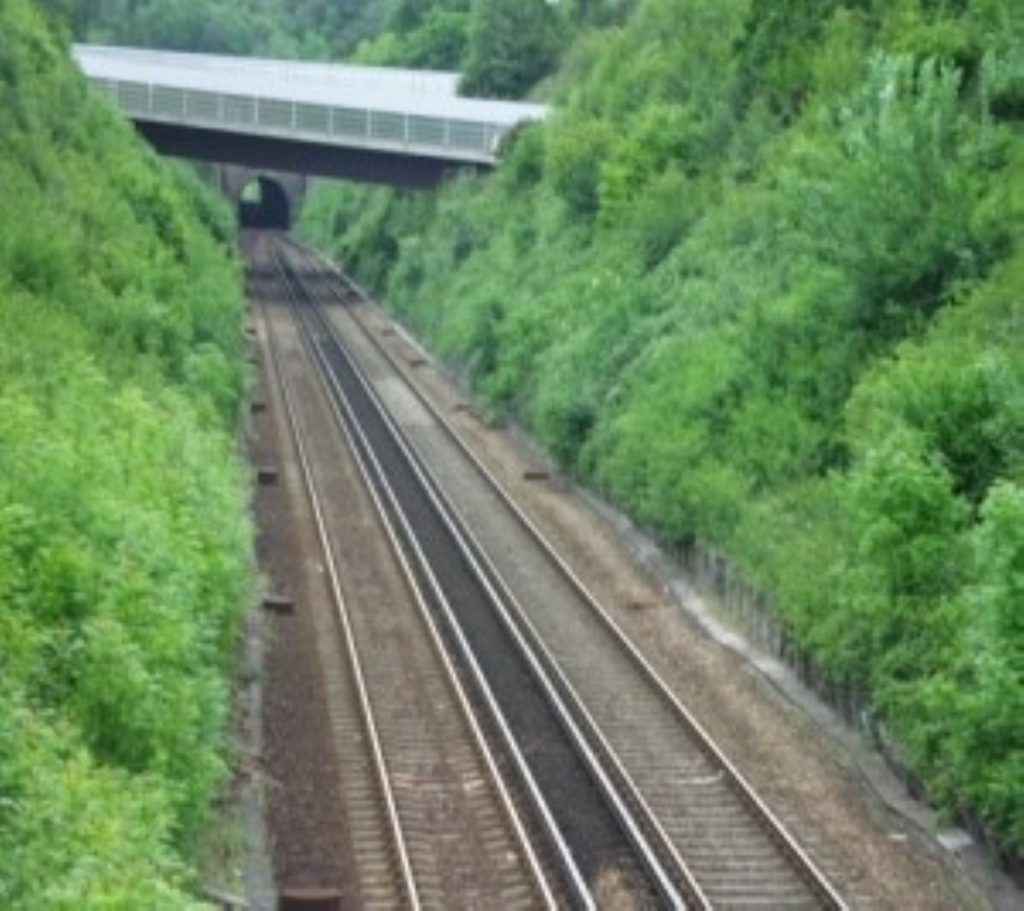Network Rail told to slash costs
The rail regulator, Tom Windsor has called on Network Rail to significantly reduce the amount of money it spends over the next five years.
Mr Windsor argued that the operator of the tracks should cut its spending by £2 billion a year and has suggested delaying major improvement works, including the upgrades to the West Coast Mainline.
The rail regulator claimed that Network Rail could be much more efficient in the way that it delivers its improvement works and called in to question the not-for-profit company’s rationale for the volume and timing of the maintenance and renewal activity.
Mr Windsor accepted that Network Rail ‘inherited a mess’ from its predecessor Railtrack who went into administration. But, he accused the company of over-reacting to the Hatfield disaster which led to large numbers of speed restrictions being imposed on the network.


The regulator will make his final decision on the review of Network Rail’s funding requirement in December 2003.
Mr Windsor told BBC Radio 4’s Today programme, ‘After Railtrack’s extraordinary over-reaction to the accident at Hatfield – the 1200 emergency speed restrictions because they didn’t know the condition of their network and then a lost year of the administration of the company until Network Rail emerged – costs have gone out of control, they have exploded.’
The rail regulator wants Network Rail to re-evaluate the urgency of its maintenance work and consider if it is necessary. Mr Windsor believes that delaying non-essential work would lead to ‘considerable savings’.
Mr Windsor continued, ‘The West Coast Mainline is going to achieve 125 mile an hour operation on most of its lengths by September 2004; that’s Manchester to London and Birmingham to London.’
‘But it may be that other parts of the network will have the increase in line speed, the increase in the capability of the network, deferred a little bit in order to save a lot – perhaps a year.’
The rail regulator accepted that rail passengers wanted to see quick improvements to the network, but he does not believe that they would want to pay over the odds for improvements.
‘What taxpayers and the travelling public are not interested in doing is paying much higher than is necessary for a safe, reliable and punctual railway,’ he said. ‘They will get that, but they want to have it at a proper price with value for money and that’s what my system, that’s what my decision in December, is going to achieve.’
Mr Windsor stated that he supported Network Rail’s management and he praised the improvements that they have made over the last nine months.
Mr Windsor stated, ‘My analysis suggests that Network Rail’s management should be able to achieve more than their latest plan suggests to address the inefficiencies introduced into the business before and during the period that its predecessor, Railtrack, spent in administration. A key issue for the coming months, as flagged up in my consultation document, is the need to identify the pace at which improvements can be delivered.’

